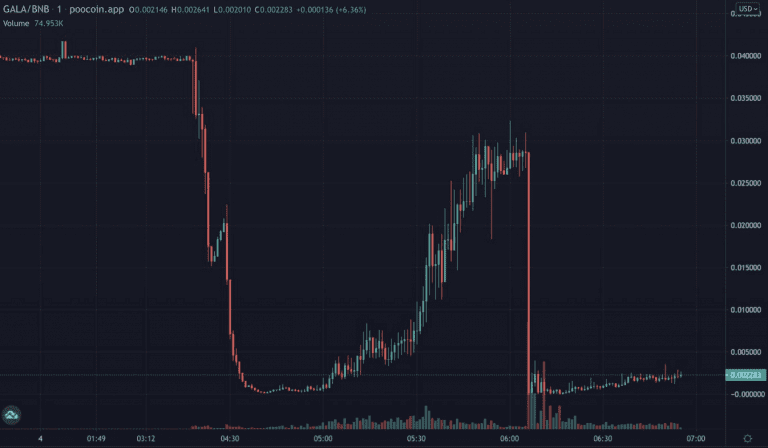Table of Contents
Main conclusions
Portugal is introducing a 28% capital gains tax on cryptocurrencies El Salvador remains the top tax destination for crypto investors The Cayman Islands’ lax tax laws extend to cryptocurrencies, putting it behind El Salvador as the next best destination Seven of the top twelve countries are European as nations scramble to establish themselves as crypto hubs – including Slovenia, Malta, Georgia, Belarus and Germany Bitcoin is de facto legal tender in Madeira, Portugal and Lugano in Switzerland Countries Asians Malaysia and Singapore also have friendly tax laws for digital assets
Introduction
I wrote about the introduction of a 28% tax on capital gains on cryptocurrencies, due in 2023, and how this could jeopardize Portugal’s goal of becoming the European cryptocurrency hub. After talking to Paolo Ardoino, who called from the Swiss city of Lugano, where Tether and Bitcoin are de facto legal currencies, I began to wonder which nations were at the top of the rankings in terms of crypto-friendly jurisdictions. In the first part of what could become a series, I’m looking at taxes. Which countries are the most flexible in the world when it comes to cryptocurrency tax laws? Dividing the assessment into three broad areas – short-term capital gains tax, long-term capital gains tax, and income tax – we put together a table describing the most tax-friendly nations. Of course, this comes with the caveat that the tax is complicated and many loopholes, extra catches, and other idiosyncrasies exist with these laws. But on a holistic basis, the rankings below are indicative of where you can see future initiatives against fees in crypto.
El Salvador is the largest cryptocurrency tax haven
Surprise surprise. El Salvador is truly above and beyond when it comes to crypto, and that extends to taxes. There is no capital gains tax, whether short-term or long-term, and virtually all laws are built around encouraging cryptocurrency adoption. Having visited there this summer, I have personally seen the mass push towards cryptocurrency. Notably, all laws extend to foreign investors. President Bukele’s legal advisor, Javier Argueta, made it clear when he said that “if a person has assets in Bitcoin and makes high profits, there will be no taxes… there will be no taxes to pay on the capital increase or income”. Adding that “this is obviously done to encourage foreign investment”, it’s all aboard the Bitcoin experiment in the small and beautiful (with volcanoes!) Latin American nation.
Cayman Islands come in second
Mention the Cayman Islands to someone, and the first answer you’ll get will likely be “tax”. The British Overseas Territory, situated in the Caribbean paradise, has zero corporate tax, capital gains tax or income tax – in all areas. So it’s nothing specific to cryptocurrencies, but these laws have been confirmed including digital assets. Relying primarily on tourism to fund its small economy, the island of 65,000 may see some cryptocurrency investors soon for a dip in the Caribbean Sea.
Europe pushes for cryptocurrency
Lugano, a city in Switzerland, and Madeira, a Portuguese island, both declared Bitcoin to be de facto legal tender (the proposal has the same status in Lugano – I interviewed Paolo Ardoino about it in March). Both nations also feature friendly tax laws. Portugal was discussed above, and while the 28% capital gains tax law drops the country to sixth place, it still presents a haven for crypto enthusiasts. Switzerland is in eighth place, but it is Slovenia, fellow European country, that perhaps surprises in third. The nation intends to adopt a flat 10% tax on cryptocurrency exchanges for fiat. This is very low compared to the whole. But it has even more initiatives and its plans for the future seem welcoming. On a non-fee related note, there are also more physical locations accepting Bitcoin than in the entire US, while the largest mall in the country is called “BTC”. The other European nation worth mentioning is Belarus, where there are no taxes on mining, day trading, or pretty much anything related to cryptocurrencies. The caveat is that everything is being overhauled in 2023. Of course, there are other concerns here too, such as its ties to Russia amidst the war in Ukraine, which means that no cryptocurrency investor will want to move there anytime soon.
This can all change
Of course, all this could change – as we are seeing with Portugal. Regulation is still catching up to cryptocurrencies, and this is also related to taxes. Not only that, but there are many caveats and exceptions to the above laws, and regulations change around foreign investors as well. So far, however, the above nations have separated themselves from the crowd when it comes to cryptocurrency tax laws.

